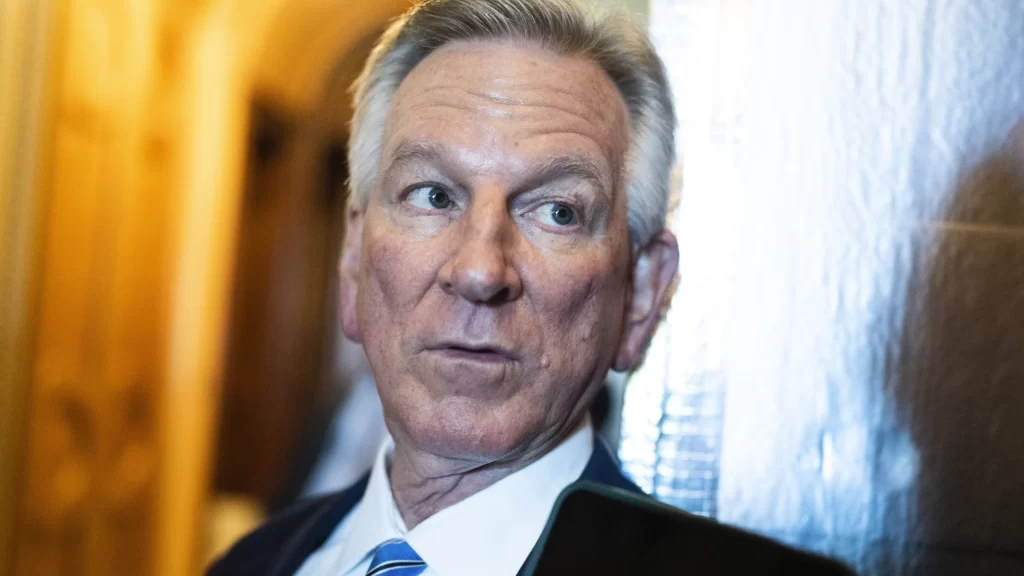Campaign Cash Crunch: Tuberville's Legal Tightrope Walk

A controversial campaign claim by an Alabama senator has sparked legal scrutiny after asserting the ability to transfer over $600,000 in federal campaign funds to a state-level race—a move that would directly violate Alabama's stringent campaign finance regulations.
Under Alabama law, candidates are strictly limited to transferring only $1,000 between campaign accounts. Any attempt to circumvent this restriction could result in serious legal consequences, potentially qualifying as a Class C felony. The senator's bold assertion has raised eyebrows among election law experts and political watchdogs who are closely examining the potential legal implications.
The proposed fund transfer far exceeds the state's narrow legal threshold, suggesting a potential deliberate attempt to skirt established campaign finance rules. Legal experts warn that such actions could not only lead to criminal charges but also significant political and professional repercussions for the candidate.
As the situation unfolds, the senator's campaign faces mounting pressure to clarify the statement and demonstrate compliance with Alabama's rigorous campaign finance regulations. The incident underscores the critical importance of understanding and adhering to state-specific electoral guidelines.
